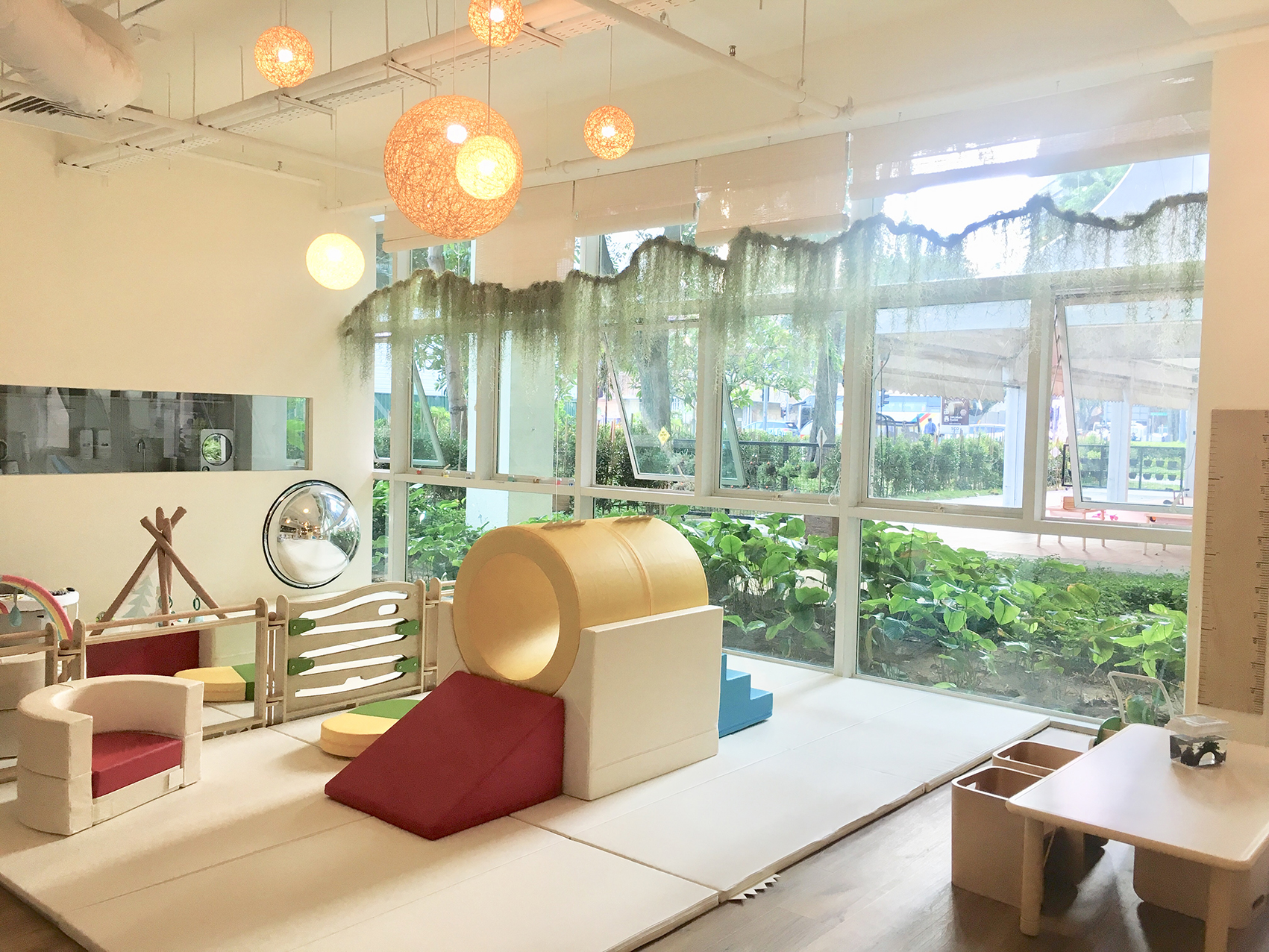Reggio Inspired At LeClare - By Ms Zee
The Reggio Emilia philosophy to teaching and learning is something that has always resonated with me. It sounds so simple, but if you were to break it down, it is made up of many interwoven details. The Reggio Emilia philosophy is based on three core principles: the child, the environment, and the teacher.
What does Reggio-inspired even mean? Why can’t we just be Reggio Emilia? I came to realize that Reggio Emilia itself is a whole community spirit. Ever heard of the phrase ‘It takes a village to raise a child’? That is literally what goes on at Reggio Emilia, a small town in Italy. The whole community is involved in the children’s learning, from the cleaner in school to the baker at Bread Talk, even the karung guni man! It is not practical to imagine it here, which is why it can only serve as an inspiration to us.
How then, do we incorporate this philosophy in our curriculum and classroom? At LeClare, our integrated-inquiry approach means that children’s opinions are valued, and their experiences are built around their interests as much as possible. We encourage children to ask questions. Within a thematic unit, we make use of a provocation question to kick start the topic. As much as activities are pre-planned, my daily observations in class help to steer the direction of the planned activities such that the inquiry unit still revolves around the children’s interests. Often, our Inquiry differs from our original plans, which is perfectly okay as it reflects how the children are reacting to the Inquiry, and the unit itself to the children’s interests.
Phrases we could use to create boundaries:
The environment is often referred to as a ‘third teacher’. What does that mean? Each critter classroom has a provocation area, where open-ended materials are set up to provoke thoughts, discussions, questions and interests. Each child may use the same material in different ways, and this sparks a dialogue in the classroom. “What are you making?” “That’s so funny!” “I can make that too.” Children’s work is also displayed and documented to make their own learning visible to them.
At this point you may be wondering: What does the teacher do, then? Our role in this environment is to be an observer and facilitator. As we observe, we understand the children’s interests better. This understanding then leads us to plan the spaces around the children’s interests, which will continue to encourage the children to explore further. As we facilitate, we help to guide and support the children in their investigations by asking questions while they investigate.
But parents, don’t forget YOUR role! You are your child’s first teacher! The community plays a huge role in encouraging and supporting children’s learning. You are always welcome to come into the classroom to see your Sprouters’ learning and achievements. We love hearing about your child at home as much as you love hearing about them in school!
Join us in our Journey!


